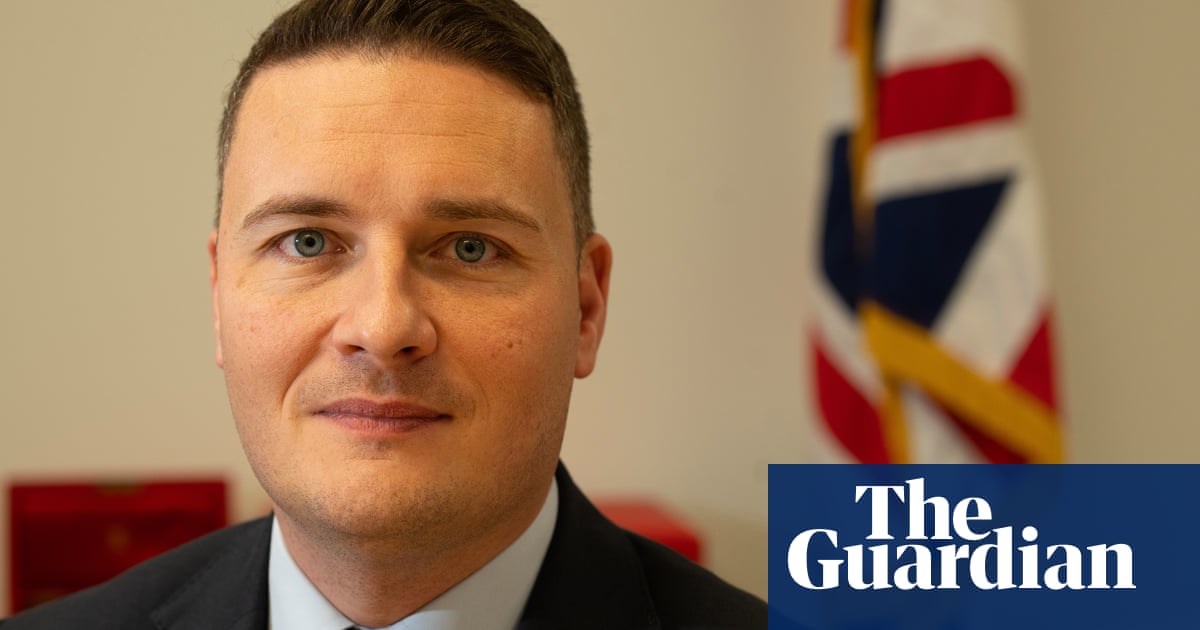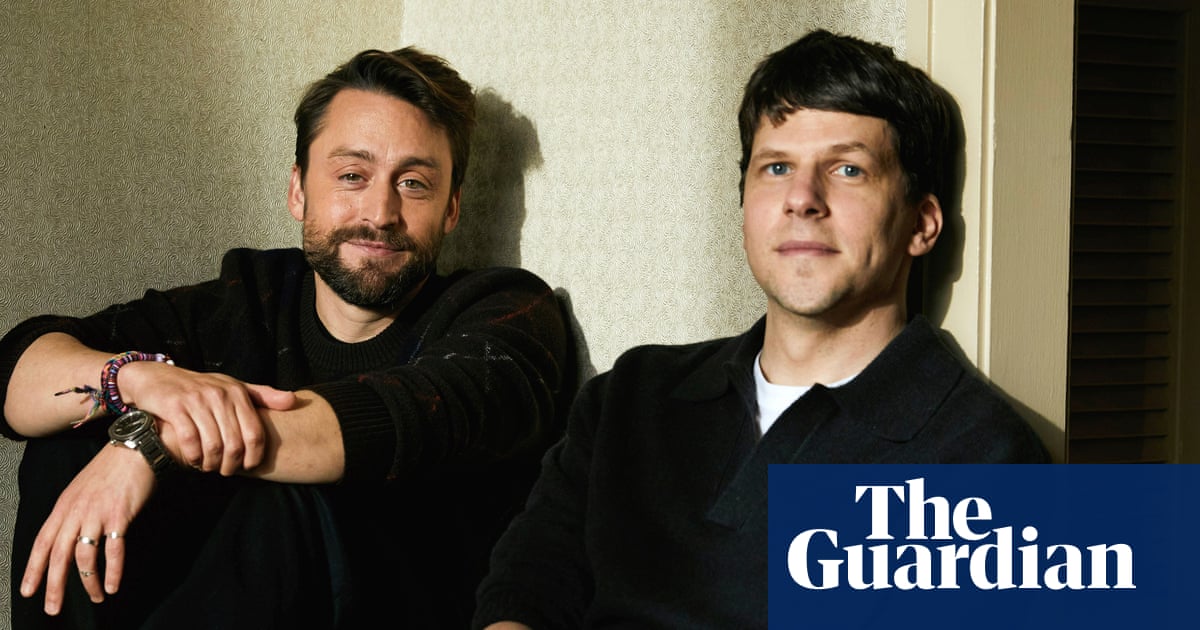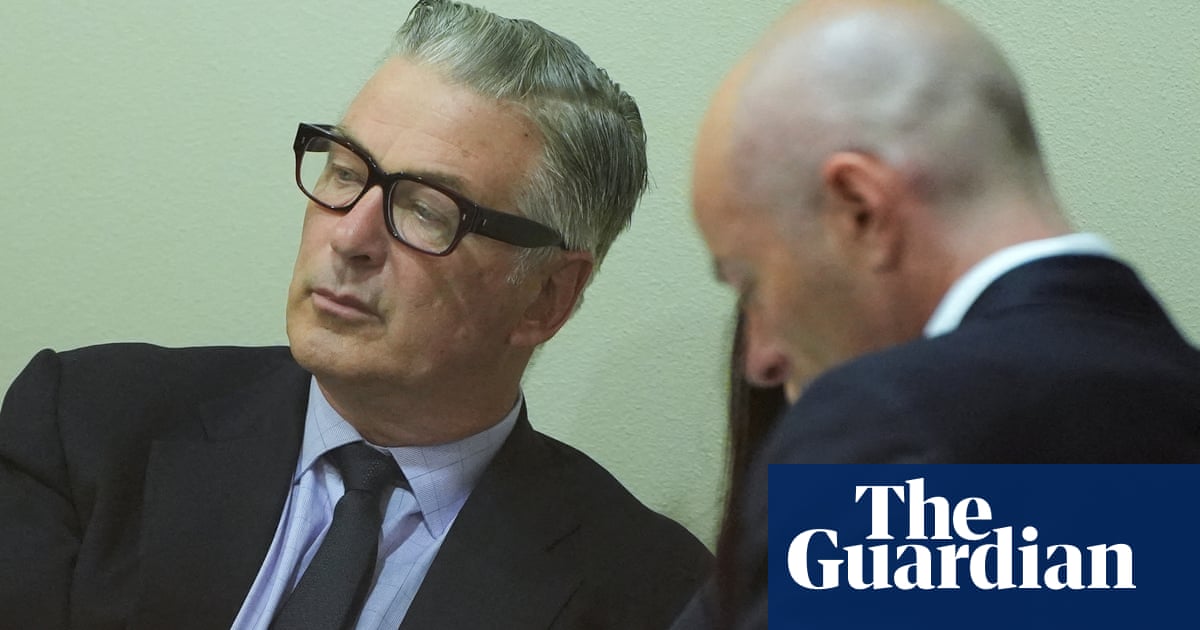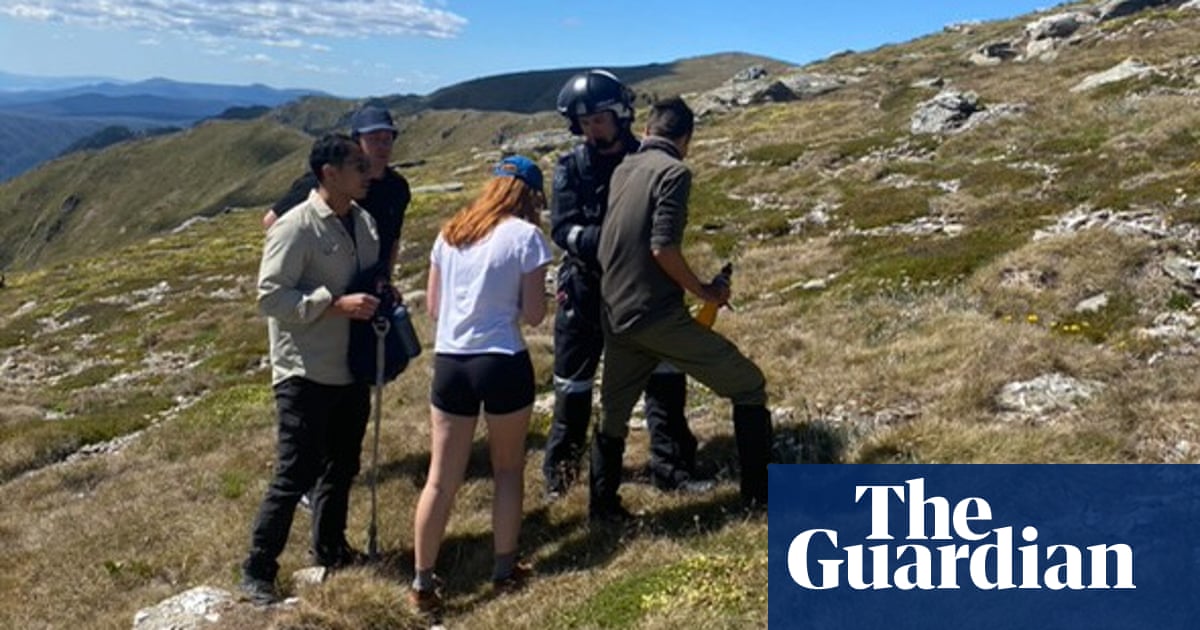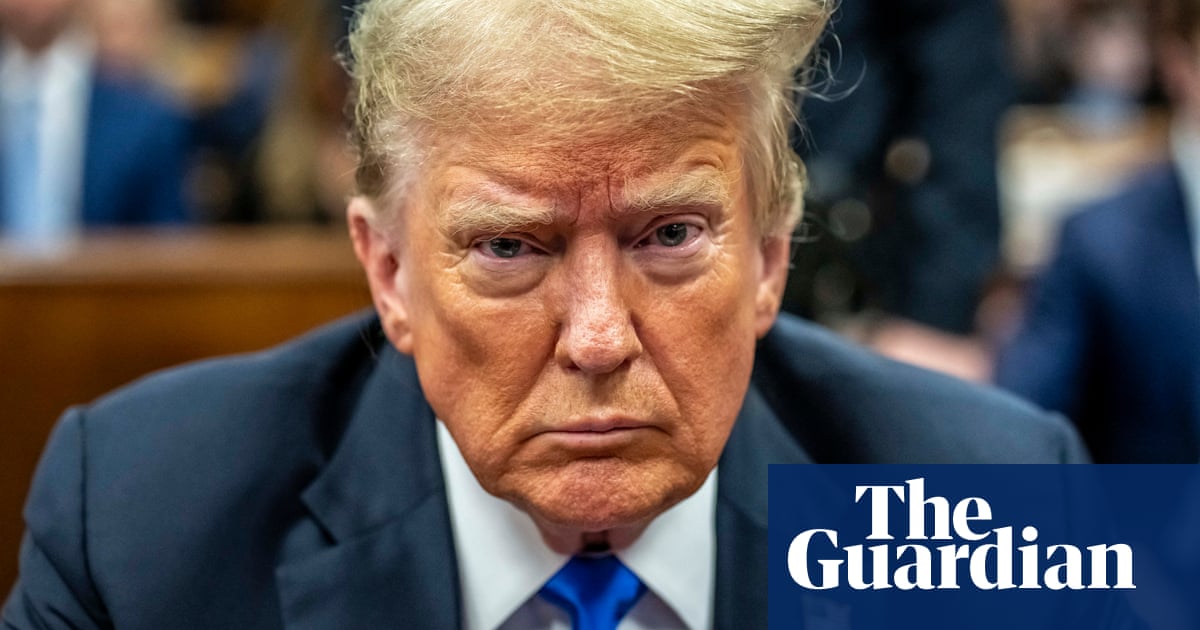Margaret Thatcher was prime minister and Nigel Lawson her chancellor of the exchequer. Neil Kinnock was leader of the Labour party. The iron curtain separated Europe.
Across the Atlantic, Ronald Reagan’s second term in the White House was drawing to a close. Donald Trump floated the idea that George Bush might want him as his running mate in the looming US presidential election, an overture Bush described as “strange and unbelievable”.
This was the political backdrop when I joined the Guardian in 1988 – the year before Tim Berners-Lee invented the world wide web, when mobile phones were in their infancy and the climate crisis was just starting to become a hot political issue.
It was a time when free market ideas ruled. A combination of high inflation and recession – stagflation – in the 1970s had led to a crisis of postwar social democracy and given rise to a new set of beliefs: privatisation, deregulation, tax cuts paid for by shrinking the state, curbs on the power of trade unions, the dismantling of capital controls. All this would give capitalism its mojo back, leading to wealth creation that would trickle down from those at the top to those struggling at the bottom.
Since this is my last column after more than 28 years as the Guardian’s economics editor, I thought I would devote it to some lessons learned during my time on the paper.
Lesson No 1 is that the free-market experiment has failed, as some of us said it would all along. Wealth did not trickle down, and instead the gap between the haves and the have-nots widened. The workers laid off when the factories closed in northern England and the US midwest did not find new well-paid jobs but were either thrown on the scrapheap or found low-paid insecure work in call centres and distribution warehouses.
Financial speculation ran rife once controls on capital were removed, but growth rates in the west were slower than in the postwar heyday of social democracy. Warnings of trouble ahead were ignored until the world’s banking system came close to collapse in the global financial crisis of 2008. At which point, policymakers abruptly ditched free-market values and rediscovered the virtues of state ownership, interventionist industrial strategies and demand management.
But only temporarily. Lesson No 2 is that ideas matter. The near death of the banks provided an opportunity to forge a new progressive approach to the economy in the shape of a Green New Deal, but it was not taken. In part, that was because various parts of the left – the Keynesians, the greens, the Marxists – all had differing views on what needed to be done. In part it was because the rich and powerful used their money and influence to stymie any hope of real change. In part, it was because of the timidity of parties of the left.
The upshot is that there has been no equivalent of the Thatcher-Reagan revolution of the 1980s, even though the crisis of neoliberalism in 2008 was just as profound as the collapse of social democracy in the 1970s. A form of zombie capitalism has staggered on for a decade and a half, kept alive by cheap money liberally provided by central banks. Ultra-low interest rates have failed to boost investment. Real wage growth has been nugatory.
Those at the sharp end of economic failure looked to parties of the left for answers to their concerns: low pay, job insecurity, run-down public services, a fear of crime, the consequences of mass immigration. What they got instead were lectures about the need to eat better, smoke and drink less, and to stop being such bigots.
Trump’s victory last week shows what happens when the left first abandons its natural supporters and then tells them what to think and behave. That’s lesson No 3: populism will continue to flourish until the left comes up with a credible and deliverable economic plan.
Trump won because he promised to give voters what they wanted rather than what America’s liberal elite thought they ought to want.
Trump’s impending return to the White House highlights a fourth lesson from the past 36 years: the world’s economic centre of gravity – symbolised by the emergence of China and India as forces to be reckoned with – has moved from west to east and from north to south. To be sure, China has some deep structural problems, but it has lifted 800 million people out of poverty since the late 1970s, has developed expertise in hi-tech manufacturing, and poses a bigger threat to US hegemony than the Soviet Union ever did.
after newsletter promotion
Lesson No 5 is that globalisation has gone into reverse. The new cold war between China and the US, the vulnerability of global supply chains exposed by the Covid pandemic, and voter demands that their political leaders reassert control over the economy are all leading to a revival of the nation state. Free trade is out; protectionism is in. Governments are responding to pressure to curb migration. Activist industrial strategies are back in vogue.
The European Union is finding adjustment to these new challenges difficult. That’s hardly surprising, given that the EU was – as Wolfgang Streeck notes in his book Taking Back Control? – the “perfect realisation” of post-communist neoliberal economic globalism: centralised, depoliticised, bureaucratic and wedded to free movement of people, goods, services and capital.
As the Guardian’s resident Eurosceptic, I have to say I have never seen anything especially attractive in the EU’s economic model. Nor can the project of ever-closer union remotely be called a success. The EU is sclerotic and seething with voter rage at the inability of its governments to raise living standards or control immigration.
So my sixth lesson is that those who say Brexit has failed are not just jumping the gun but need to look across the English Channel, because that’s where the real failure lies. Brexit was to Britain what Trump’s victory was for the US: a revolt against the elites and a demand for change. It offers the chance for a party of the left to do things differently. Labour can seize that opportunity.
That’s not a conclusion, I am well aware, that most of my readers would agree with, but one of the joys of working for the Guardian is that it encourages – indeed welcomes – challenges to the orthodoxy.
So my final lesson from the past 36 years is this: it is always worth questioning the status quo. Just because something is the received wisdom doesn’t mean it is right.

.png) 1 month ago
11
1 month ago
11

